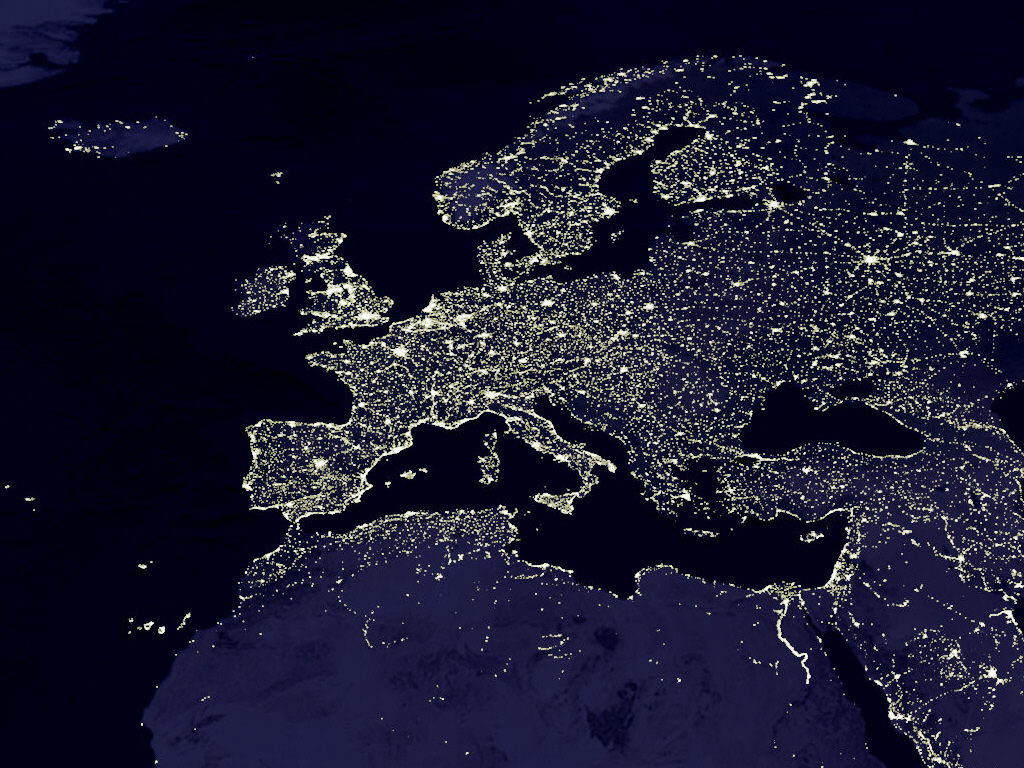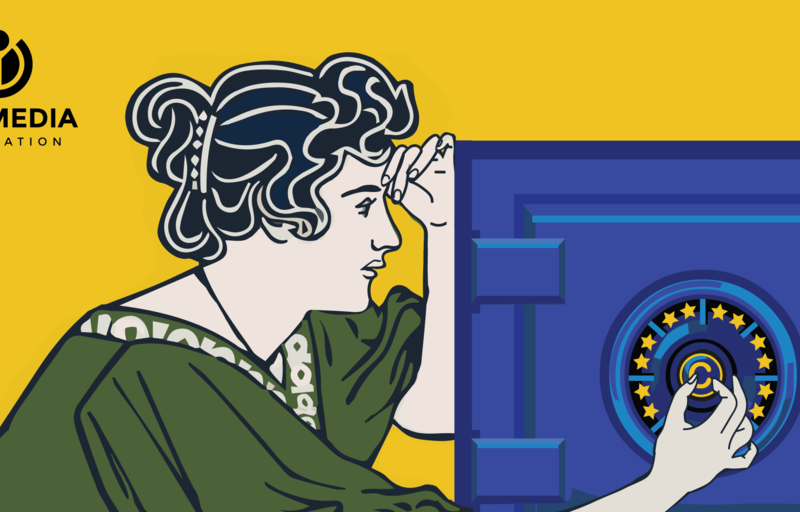The European Parliament’s September 12 vote on the proposed Copyright Directive was a missed opportunity to improve copyright, after many years of discussion:
- Two years ago, the European Commission set out to modernize copyright laws across the EU with a flawed proposal with potential to improve.
- This proposal was referred to several committees in the European Parliament, resulting in a revised version of the text which was released by Parliament’s Legal Affairs Committee (JURI) in June of 2018.
- Civil society, human rights experts, industry pioneers, content creators and European citizens protested against provisions in the JURI text which would require the use of filter technologies to block user content before it is even uploaded. As a result, the entire Parliament voted in July to reject this version of the text. This allowed anyone to introduce new amendments to the original Commission text.
- Hundreds of amendments were proposed by groups of MEPs on September 5, and on September 12, the Parliament voted to adopt, among others, a set of amendments tabled by the European People’s Party which make marginal improvements to the JURI text, but which will create many of the same harms.
Parliament’s rejection of the JURI text created a another opportunity to modernize copyright. Yet, MEPs rejected the values of openness, participation, and collaboration that Wikimedians had advocated for and instead adopted rules that limit the freedom to upload and share information online. From here, the adopted text will now be reconciled with the Council’s version text in a closed-door process called Trilogue, and the final result of those negotiations will be up for a simple yes-no vote in Parliament, likely in 2019. After that, it will be the responsibility of European member states to implement this law in their own countries. These remaining steps pose few opportunities to improve or reject this text, and these changes will be harder to influence than either previous vote.
But what does this vote really mean? How will the European Parliament’s decision actually affect the way European citizens use the internet? While the concrete effects of this vote remain to be seen, Parliament’s decision propagates a narrow vision of the potential of the internet for knowledge sharing and the role of citizens in the EU’s Digital Single Market:
- The current version of Art. 13, and particularly Recital 37a, undermines the fundamental principle that internet intermediaries, i.e. platforms, should not be forced to monitor all user communications on their networks. By making platforms liable for all copyright infringing content uploaded by users and forcing platforms to agree to responsibility for user uploads in licensing agreements with rightsholders, the law incentivizes platforms to filter content or risk losing everything in a costly court battle.
- Carve outs in Article 13 for small and micro enterprises, educational repositories, cloud services for individual use, open source development platforms, and online marketplaces will not be enough to safeguard the right to freedom of expression and participation in culture at a time when large internet platforms have become our fora for conversation and public discourse. To suggest that this version of Art. 13 only affects the platforms themselves misrepresents the full impact of this proposed norm to the broader internet.
- In its current version, Art. 11 creates a new right for press publishers targeted at news aggregators who use news snippets. In reality, it will make operating harder for any service that helps people to sort through information online. As with Art. 13, the safeguards to and limitations in the scope of Art. 11 and corresponding recitals are far from enough to promote a vital landscape of applications and websites that index, categorize, and classify news and other information.
These two new provisions in EU copyright law are not targeted at Wikipedia directly. However, we believe they will have a negative effect on its long-term growth by leading to a situation where platforms have to seek approval before allowing communications, and in which many legal and legitimate uses of protected works and the sharing of works in the public domain will be wrongfully prevented. These provisions create new barriers and will weaken everyone’s ability to participate in knowledge in times that are already marked by a lack of trust in traditional media and institutions, and a society struggling with disinformation and bad actors online.
Parliament also ignored positive amendments that would have empowered everyone to participate in knowledge by legalizing everyday creative acts:
- The adopted text does not to advance everybody’s right to engage in knowledge creation by adopting a narrow exception for text and data mining, i.e. the process of using a computer to analyze text and data sets. The version of Art. 3 that received MEPs’ support only benefits research institutions but leaves out journalists, hobbyists, individuals, entrepreneurs, AI and video game developers, and everyone with a laptop and the skills to engage in science with their own hardware.
- The adopted text does not include exceptions that would legalize the sharing of photos of buildings despite the corresponding amendments for freedom of panorama being tabled. Thus, the rules around sharing photographs taken in public spaces will remain fractured and confusing across the various member states in the EU.
- After a narrow vote, MEPs did not approve amendments which would protect the remixing of existing works, a practice often seen online in the context of fan art, reaction memes, and criticism. By rejecting this amendment, Parliament refused to adopt a common sense rule which would bring legal clarity to activities that European citizens engage in every day.
Once platforms are forced to deploy pre-filtering mechanisms, the importance of making such everyday uses of protect works legal will become even more obvious as those uses will be prevented by said filtering systems.
In this vote, Parliament followed an outdated view of creation and culture online that cements the aged dichotomy of creators/rightsholders on one side and consumers on the other side. EU MEPs chose to adopt rules that protect legacy rightsholders more than they allow for new content creators to emerge and benefit from an open knowledge ecosystem. However, despite the missed opportunity to truly modernize EU copyright, the text that has now been adopted is at least slightly better than the original proposal by the Commission, which didn’t prevent member states from creating new exclusive rights for the act of digital preservation of works that are in the public domain. Even with these small improvements, the debate on copyright reform and modernization is not over yet.
Ahead of September 12, Wikimedians from all over the EU came together to educate policymakers and the public about the fact that European copyright law affects EU citizens’ ability to engage in discourse and communication online. Thousands of real people contributed to Wikimedia’s campaign and contacted their MEPs urging them to support a positive vision for the internet. We remain committed to advocating for their right to document the world and contribute to Wikipedia. We will support the Wikimedia communities in the EU in their efforts to make knowledge accessible for all.
Jan Gerlach, Senior Public Policy Manager
Stephen LaPorte, Legal Director
Allison Davenport, Technology Law and Policy Fellow
Wikimedia Foundation




